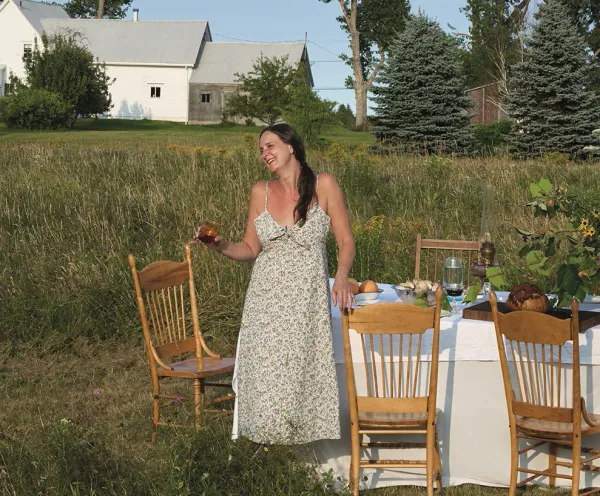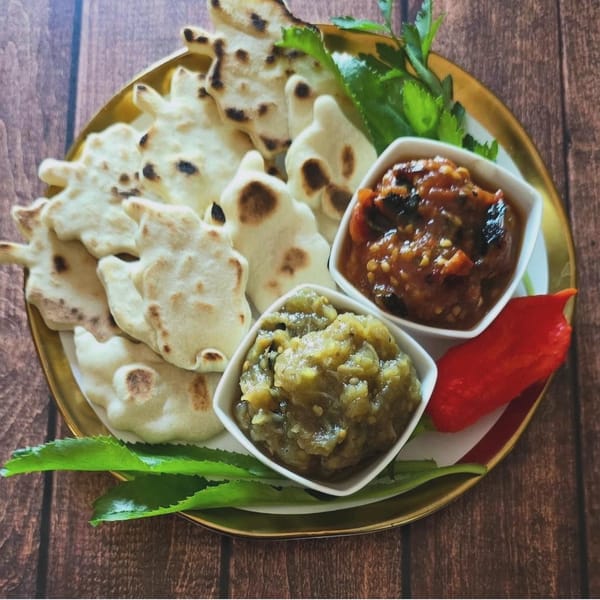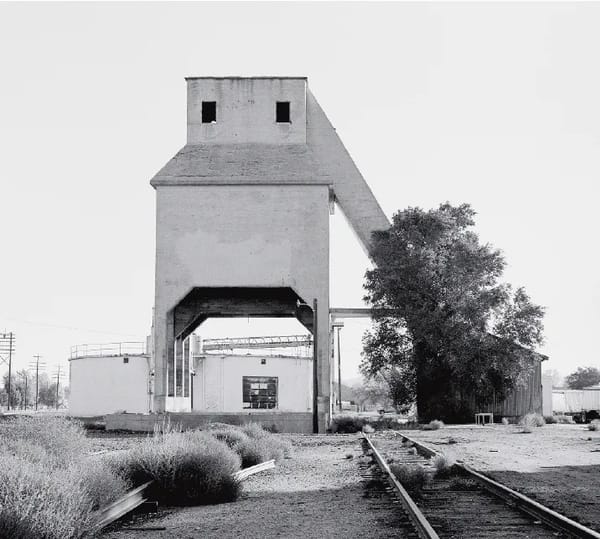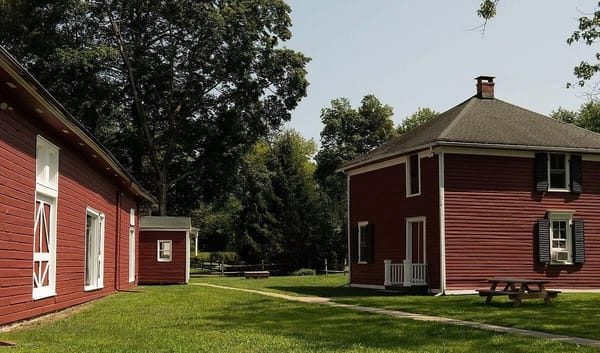Peter Davies and Mark Scherzer are the owners of Turkana Farms in Germantown. This week Mark writes:

Peter and I are both refugees from the academic world (he actually taught -- I determined midway through graduate school that teaching, and the academic world, were not for me) so between us we get a bumper crop of alumni magazines. One striking aspect of these magazines over the past year is how much attention they pay to agricultural issues—features on the various alumni who have unexpectedly found themselves producing food, projects to green the campuses, how the dining halls are using local food sources, and academic research, in places that never would qualify as ag schools, into agricultural issues. One of my schools scared the hell out of me two months ago, but then gave me new cause for optimism this week. Two months ago, it featured a story on a grad student who was studying how to make meat chemically without animals. I didn't really want to read the details, the concept was enough to stop me in my tracks. How do we contemplate such a thing? Yes, the process would spare us all the pain of molding other species' lives to our needs (and events like last weekend's piglet castration makes that prospect somewhat attractive). And it spares us the dangers of industrial animal raising. But such a proposal ignores the importance of flavor and pleasure in food. It substitutes the dangers, some of which can't possibly yet be known to us, of industrial food production from man-made substances. (Michael Pollan, in In Defense of Food, writes persuasively of the scientific hubris involved in thinking we understand nutrition based on the nutritional value of specific chemical substances, when it may be the organic whole of animal and vegetable products that benefits us) And it raises a huge question of what happens to these animals who, for thousands of years, have been bred into symbiosis with us? Animals left without a place in the economic order, and certainly unable to live in the natural world on their own. What would become of them? As with all the great academic efforts around food production, one wishes they would have to answer questions like that about long term impacts of their proposals before creating new miracle products that may excite in the short term and undermine important values in the long term.

This week the same alumni magazine reported on a study of whether small scale, hands-on farming does indeed save energy, per unit of food produced, over big agribusiness. These academics are comparing the carbon footprints of both types of farming. They are also examining some of the insane footprint expanding rules that are imposed on "organic" agriculture. (Apparently, organic certification precludes re-using black plastic ground covers that keep weeds down, although the production of those covers uses lots of petrochemicals). This strikes me as more responsible research. We should know these things. These really smart folks, focused on the right track, make me feel much better about the connection between the academic world and the real one. —Mark Scherzer







